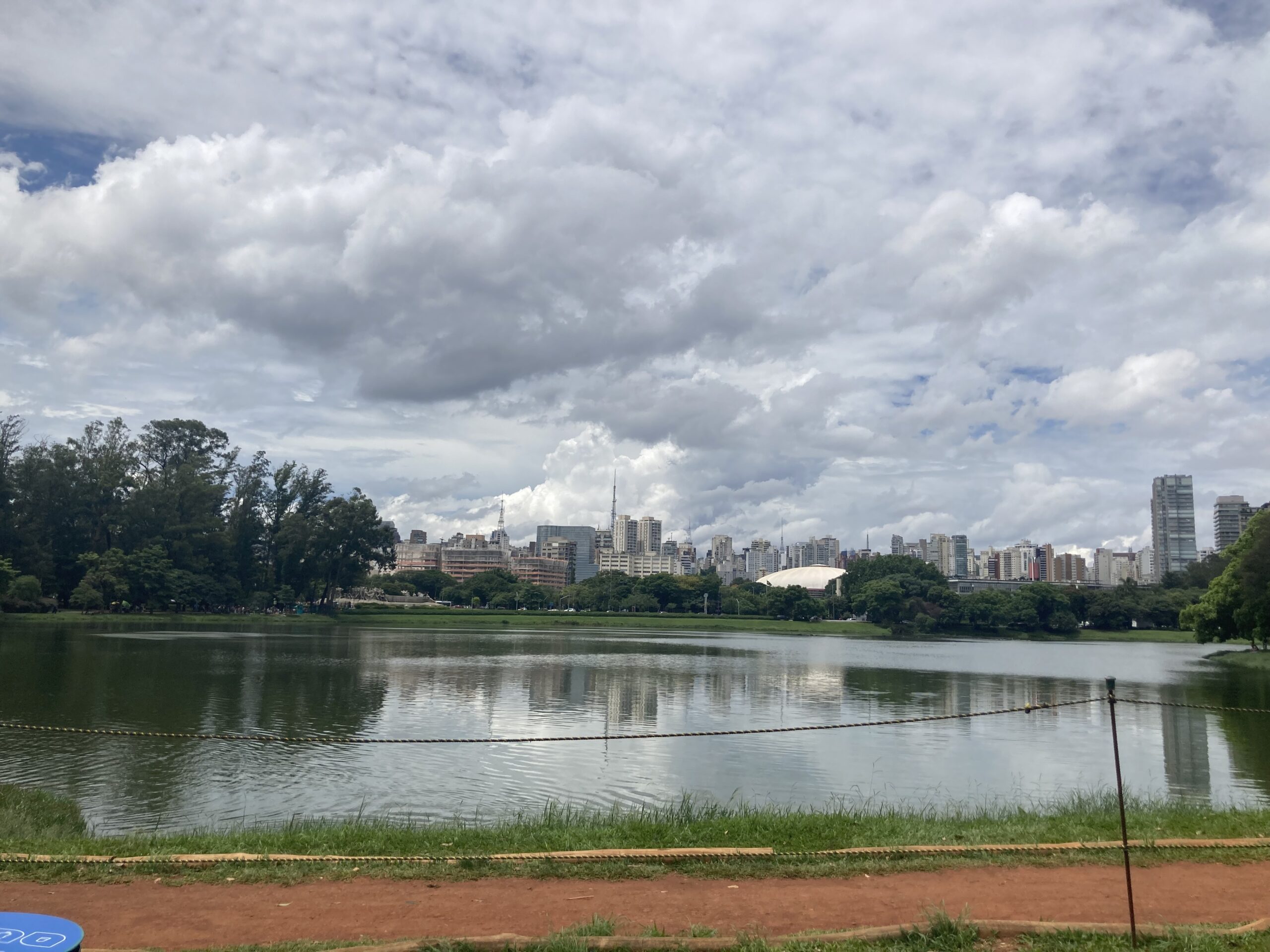
Breaking Down Stereotypes: The Beauties of São Paulo Brazil
(Ibirapuera Park, São Paulo, Brazil)
When I first spoke to my parents about studying abroad in São Paulo, Brazil, they were… apprehensive, to say the least. Coming from a country in Latin America as well, they continuously asked why I didn’t choose to go to a more “desirable” country to study abroad in, perhaps Spain, France, or even Sweden– anywhere else but Latin America, especially Brazil. “It’s too dangerous over there”, they said, or “a study abroad experience in Europe would be much more fulfilling than studying in Brazil” was constantly relayed to me in an attempt to dissuade my decision from going to Brazil. I understood where my parents were coming from, as immigrants from El Salvador, one of the countries with the world’s highest homicide rates, they worried about my safety, well-being, and most of all, they just simply couldn’t understand why I would want to go to a “violent” part of the world, especially when they desperately fled Latin America to create a better life for our family. Why would I want to go back, let alone stay in South America for a semester, if I had the opportunity to travel to any part of the world? Many people have this preconceived idea in their heads, that Latin America, Asia, Africa, and the Middle East– anywhere but the “West”, is violently dangerous, corrupt, and filled with crime lurking in every corner. My parents, understandably so from their own personal experiences, strongly believed that Brazil, like many other countries in Latin America, couldn’t offer any fruitful or meaningful experiences and opportunities to support my learning in the Political Science field. Though there are parts of Brazil, like any other country including those in the “Western world”, that are dangerous; to merely describe Brazil as violent and corrupt ignores the beautiful wonders I have seen so far in my three weeks studying abroad here in São Paulo. There are so many unique things about São Paulo that have fascinated my peers and I as we’ve traversed through this journey together: the captivating street art spread all throughout the city, the gorgeous greenery and fauna, and most importantly– the amiable locals who have made my study abroad experience memorable. Keeping in mind the need to be aware of your surroundings at all times (like one would in any environment they’re in), I have enjoyed every second of being out in the open: from speaking with kind locals, to traveling to different parts of São Paulo with the people in my program (who are now dear friends), to eating delicious Brazilian food, I don’t regret my decision to study abroad in Brazil at all. So no, Brazil is not just a “violent” or “corrupt” country, and to solely diminish this beautiful country with these harmful misconceptions devalues how wonderfully unique this place truly is. I have fallen deeply in love with Brazil, and I know that this love will further grow into an immense appreciation for Brazil’s culture, its natural beauty, and this country’s one of a kind people.
